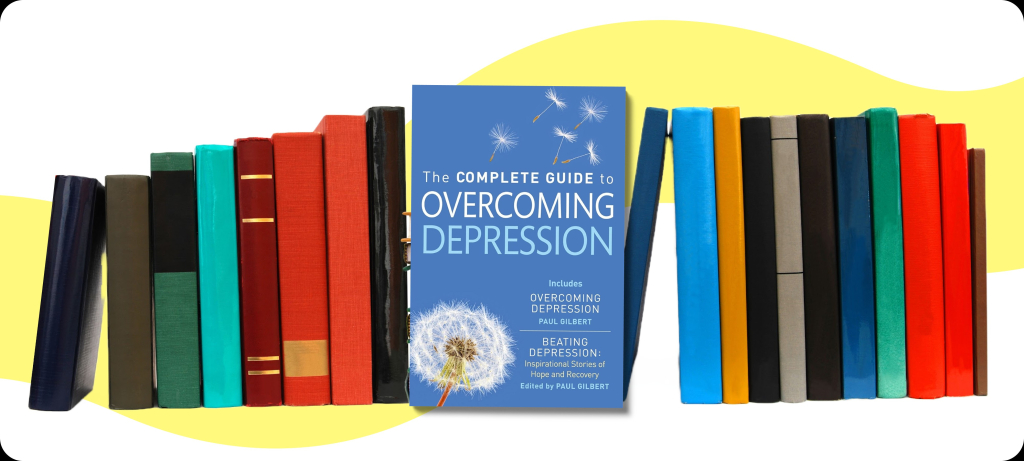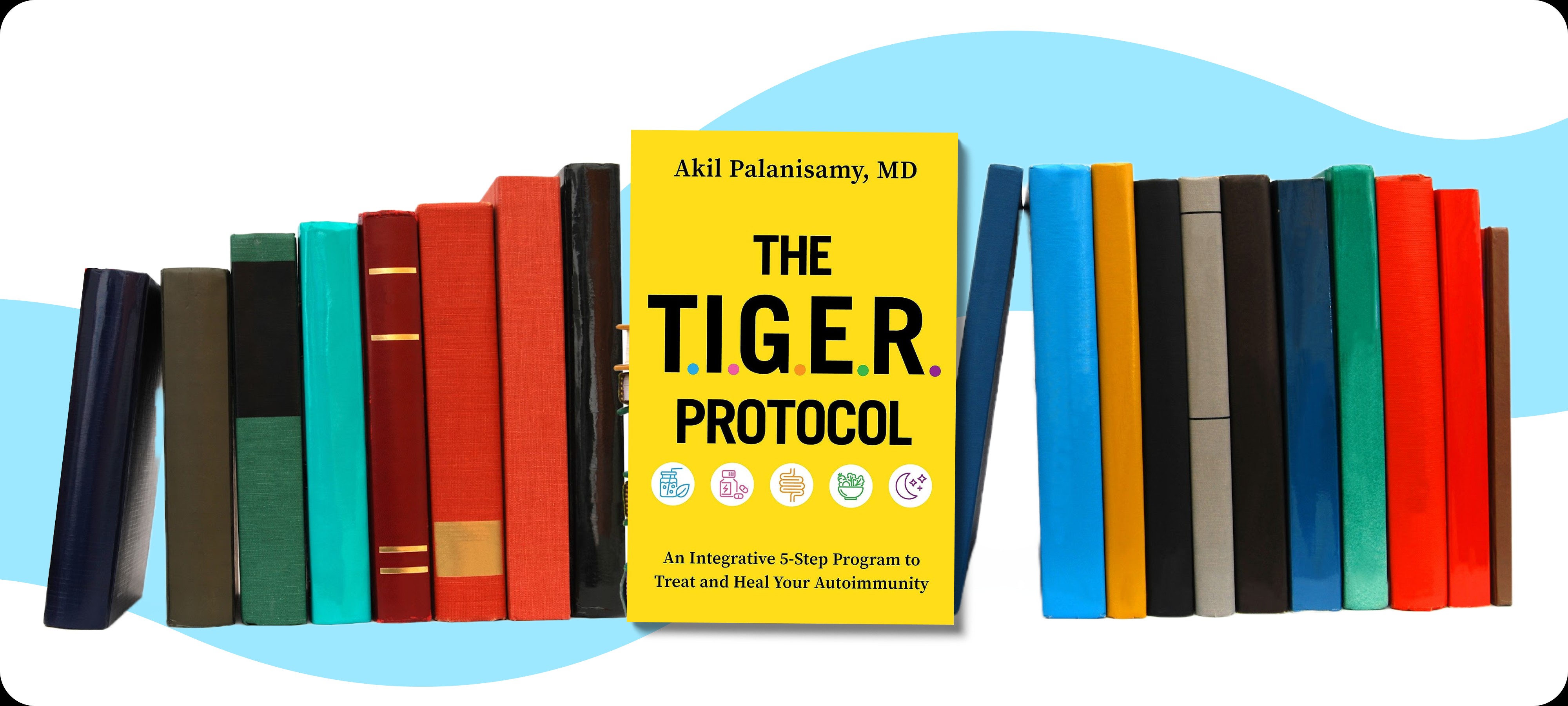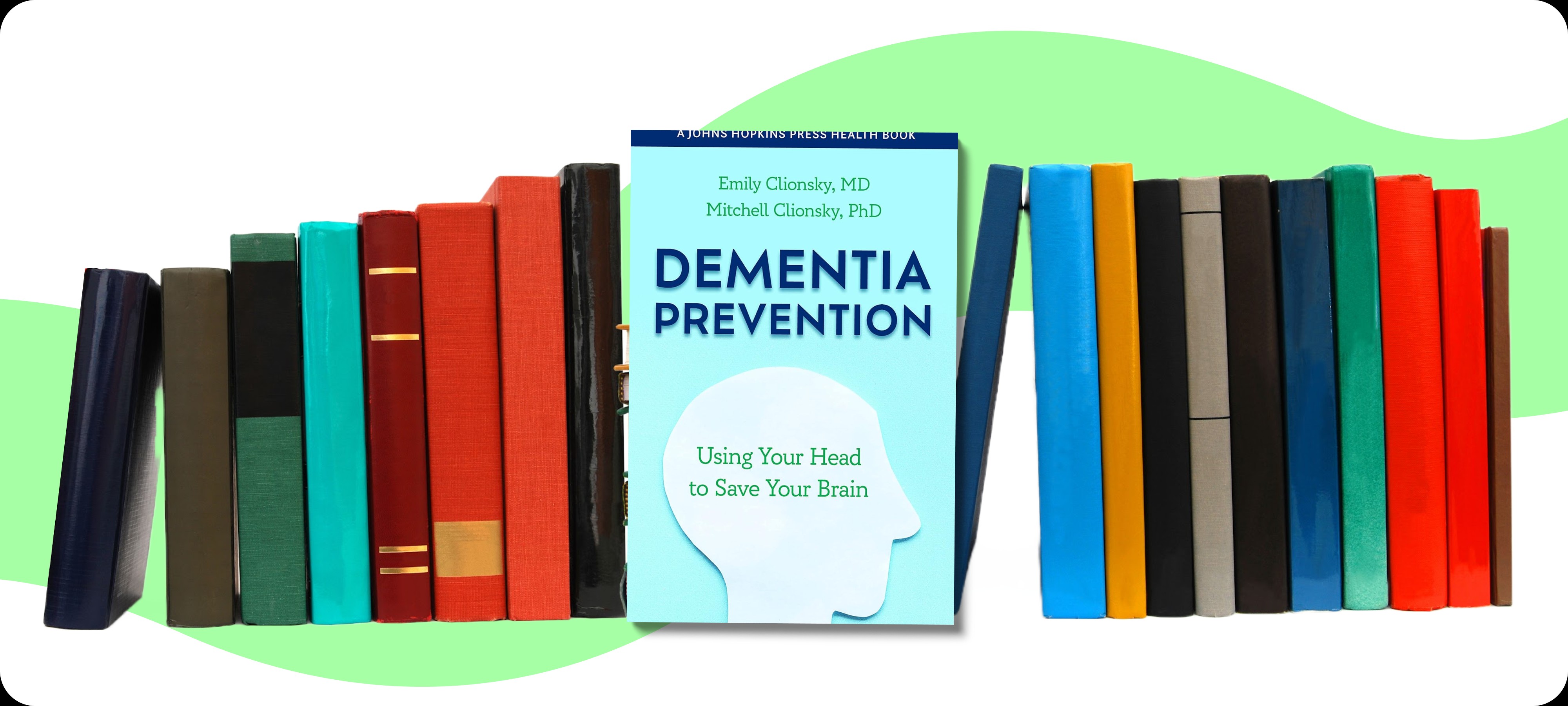In recent times, the global prevalence of depression has reached staggering proportions, with statistics indicating that well over 280 million individuals grapple with this formidable mental health challenge at any given moment.
In this review, we turn our attention to the book The Complete Guide to Overcoming Depression by Paul Gilbert. As we delve into its pages, we will explore how this work offers insights, strategies, and narratives aimed at comprehensively addressing the multifaceted landscape of depression, shedding light on its origins, impacts, and pathways to recovery.
Author’s background

Paul Gilbert holds the position of Clinical Psychology Professor at the University of Derby and serves as the Director of the Mental Health Research Unit within the Derbyshire Mental Health Trust.

He also holds visiting professorships at the Universities of Fribourg in Switzerland and Coimbra in Portugal. Additionally, he is a distinguished fellow of the British Psychological Society. From 2002 to 2003, he assumed the role of President at the BABCP.
What is the book about?

The Complete Guide to Overcoming Depression by Paul Gilbert is a comprehensive self-help book that combines the best-selling guide Overcoming Depression with Beating Depression: Inspirational Stories of Hope and Recovery. This unique combination offers readers not only practical techniques to combat depression but also real-life stories of individuals who have triumphed over this challenging condition, providing inspiration for those on their own journey to recovery.
Beating Depression introduces readers to compelling narratives shared by individuals who have firsthand experience with depression, including postnatal depression and bipolar disorder. Overcoming Depression offers a deep dive into the notion of depression, its causes and strategies to overcome this mental health condition.
The book’s foundation lies in Cognitive Behavioral Therapy (CBT), an evidence-based therapy endorsed by the NHS. It equips readers with valuable insights into depression and presents a step-by-step self-help program rooted in CBT principles.
The Complete Guide to Overcoming Depression aims to empower readers to confront their depression with kindness, understanding, and self-compassion. It encourages individuals to break down the barriers of isolation by connecting with others and accessing the necessary support for their journey towards healing.
Table of contents

- PART ONE: Understanding Depression
- Chapter 1: What is depression?
- Chapter 2: Causes of depression: How and why it happens
- Chapter 3: How evolution may have shaped our minds for depression
- Chapter 4: Bodies, genes, stress and coping: More on the mind-body link
- Chapter 5: Early life and the psychological and social aspects of depression
- Chapter 6: The relationship between our thoughts and feelings in depression
- PART TWO: Learning How to Cope
- Chapter 7: Mindful preparations for working with depression
- Chapter 8: Switching our minds to kindness and compassion
- Chapter 9: Changing unhelpful thoughts and feelings: Balance and compassion
- Chapter 10: Styles of depressive thinking: How to develop helpful styles
- Chapter 11: Writing things down: How to do it and why it can be helpful
- Chapter 12: Changing your behavior: A compassionate approach
- PART THREE: Developing Supportive Relationships with Ourselves
- Chapter 13: Stop criticizing and bullying yourself: How to treat yourself with compassion
- Chapter 14: Depressed ways of experiencing ourselves: How compassionate re-focusing can change our experience
- Chapter 15: Further ways of helping ourselves change
- PART FOUR: Special Problems Associated with Depression
- Chapter 16: Approval, subordination and bullying: key issues in relationships
- Chapter 17: Understanding and healing shame in depression
- Chapter 18: Understanding and coping with guilt
- Chapter 19: Coping with anger
- Chapter 20: From anger to assertiveness and forgiveness
- Chapter 21: Dealing with frustrations, disappointments and lost ideals
- Chapter 22: Summing up
- Appendix 1: Monitoring and balancing your thoughts
- Appendix 2: Quick guides
- Appendix 3: Flash cards
Three key takeaways from The Complete Guide to Overcoming Depression

1More than a mind-body link
Contrary to viewing depression solely as a psychological issue, the book underscores its profound physical dimension. Depression is characterised by tangible changes in both the body and brain. While ancient Greeks attributed it to ‘black bile,’ modern science unveils chemical alterations in the brain and bodily processes as key contributors. Genetic predisposition is acknowledged as a real factor, as some individuals inherit a greater vulnerability to specific types of depression.
Nevertheless, depression arises from a complex interplay of genetic factors, early life experiences, current stressors, and coping mechanisms. Stress, especially when uncontrollable, plays a pivotal role in depression’s onset and maintenance. Unmanaged stress leads to elevated cortisol levels, depleting mood chemicals and affecting memory and concentration. Small stressors can accumulate, making routine tasks seem daunting. The book illuminates how stress spirals and highlights the role of irrationality in our brain’s threat-focused responses.
Ultimately, it asserts that depression is not solely psychological but a complex interplay of genetics, early life, stress, and individual coping strategies, shedding light on the path to understanding and healing.
2Evolution may have shaped our minds for depression
In The Complete Guide to Overcoming Depression, Paul Gilbert explores the evolutionary origins and functions of our emotions, shedding light on the enigmatic role of depression. Emotions, including anger, anxiety, disgust, shame, guilt, excitement, contentment, love, and affection, have evolved to serve specific purposes in our lives. They guide us toward critical goals, such as self-protection, relationship-building, and harm avoidance. Depression, often viewed as a maladaptive state, is better understood when considering its potential benefits. It can be seen as a mechanism to recalibrate our emotional balance in response to various life challenges.
Depression serves a purpose in specific contexts, such as loss of attachments, social isolation, conflict, bullying, helplessness, or entrapment. By examining how our thinking patterns interact with depression, the book emphasises that depression often directs our focus toward feelings of defeat, inferiority, and submission, prompting us to withdraw or give up. This perspective challenges the notion that depression is merely a disease, encouraging us to consider its evolutionary roots and its role in helping us navigate life’s complex emotional terrain.
3Being compassionate towards yourself can help you overcome depression
In the second part of the book, the author offers various practices that can promote one’s healing. ‘Compassion-focused Imagery’ is a technique which enables readers to tap into their innate capacity for compassion. By envisioning a compassionate colour, engaging in soothing breathing, and immersing oneself in a sense of warmth and kindness, readers can harness the transformative power of compassion. This compassionate approach extends beyond self-compassion, encompassing kindness toward others and receiving compassion from the world.
The book emphasises that compassion is not solely distress-focused but encompasses qualities like wisdom, strength, warmth, and non-judgmental attitudes. It encourages readers to practice these qualities daily, creating a compassionate self that can be harnessed during difficult times. The exercises outlined, from imagining a compassionate persona to incorporating compassion into daily routines, provide practical tools for fostering self-compassion and nurturing emotional well-being. Ultimately, the book underscores that compassion is a skill that can be cultivated, offering a path toward healing and flourishing even in the face of depression.
Strengths and weaknesses, according to readers’ reviews

Strengths
-
Effectively communicates complex concepts in an approachable manner, making it accessible to a broad readership.
-
Offers a thorough and comprehensive exploration of various aspects related to depression.
-
The inclusion of diverse personal stories adds depth and relatability to the book, even though some readers may not personally identify with all the individuals mentioned.
Weaknesses
-
A lack of information on managing medication side effects underscores the book’s limitations in addressing practical aspects of depression treatment.
Best quotes from The Complete Guide to Overcoming Depression

“The first possibility, then, is that there is an inherited biological sensitivity to depression. On the basis of current evidence, it does seem that there is a genetic or inherited risk for some forms of depression; vulnerabilities to depression can run in families. Genes may affect the ease with which depressed brain states are activated by life events. They can also affect how we cope with life events and how we cope once we become depressed.”
“There is an old saying that ‘The glass can either be seen as half full or half empty’. When we feel good the glass is half full; when we’re feeling depressed we see it as half empty (if we are a bit paranoid, we might wonder who has been drinking our water!). We know that our moods shift our attention. The glass is the same whatever – it does not change – only our feelings and perceptions of it do. But we can also practise learning to shift our attention to the things that we appreciate, things that stimulate pleasures and nice feelings in us; we can practise directing our attention to the half-full bit of the glass. Here’s how to have a go.”
“If you feel this is a bit overwhelming, pull back to focusing on just being a compassionate person; focus on your breathing, your facial expression and the tone of your voice. If you feel uncomfortable – say you feel you do not deserve compassion or for some other reason – then stay with the exercise for as long as you are able. You are slowly desensitizing yourself to fears and concerns about being kind to yourself. Try not to engage with arguments for or against in your mind – just do the exercise as best you can.”
Final takeaway

The Complete Guide to Overcoming Depression by Paul Gilbert offers a comprehensive exploration of depression, making it accessible to a wide readership. It effectively communicates complex concepts and delves into the multifaceted nature of depression, shedding light on its physical and psychological dimensions. By incorporating diverse personal stories, the book adds depth and relatability to its content. This book is recommended for those seeking a deep understanding of depression and looking to harness the power of compassion in their journey toward healing and flourishing.
Where to buy
A Kindle version of The Complete Guide to Overcoming Depression is available on Amazon.







